“Well, the Kamasutra or love is not for the faint hearted or the sane, really. But that’s just my opinion.”
Images: John Rata
Shriya Bhagwat Chitale tears up the legendary sexual self-help book in her new play ‘Kamasutra Chronicles’, challenging ancient and contemporary myths around sex and relationships.
The explosive first play in Proudly Asian Theatre’s new series, where Asian playwrights debut their new works each month of the year, Shriya gives some insight about why she’s flipping the script on the ancient text in her debut work as a playwright.
Catch the debut reading of The Kamasutra Chronicles this March:
When: Wednesday, March 20, 8:30pm
Where: Basement Theatre, Studio
Free Event - R16 - Open to all
What inspired you to write this play?
A feeling of solitude that I got more and more comfortable with during the process of writing the play inspired me to continue. Initially, it was curiosity about the Kamasutra and if it held anything more than just sexual poses. When I read the translations (and I read more than one), I found it to be a fascinating window into how people lived, dated and socialised all those years ago.
What were the challenges you faced during the process?
Making space for writing this with competing priorities of adult life heaped with self-doubt and being tremendously shy of calling myself a writer.
What do you think makes a good story?
I think that this is a good story because it takes the mundane domesticity of everyday life and turns it into something magical and full of possibilities. Also the problems faced by the couple in the play are at once specific and universal.
How do you want people to feel at the end of your play?
I want people to feel good about themselves, thoughtful and more than anything else, hopeful.
Who did you write your play for?
I wrote this play first and foremost for myself. Then it is a play for anyone who has sex, wants to have sex or thinks about sex. It’s for people like you and me and of course people who love theatre.
What character was the easiest to write? Why?
The muse, the mighty Vasant Sena was the most interesting and the easiest to write. I think this was because she is asking the questions that many of us may ask ourselves in the privacy of our own heads.
Can you explain any ‘theatrical’ ideas/concepts utilized in the play?
Ishita’s direct address would be a theatrical concept I’ve used in the play. She will create a very special relationship with the audience and co-opt them into the funk she finds herself in.



